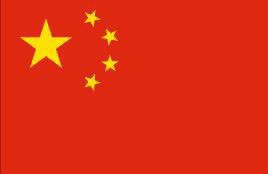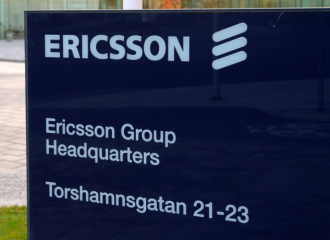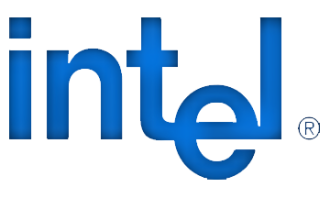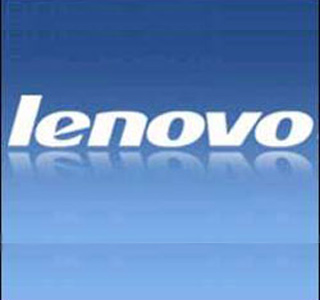 Two chip companies have surprised the world by agreeing to merge.
Two chip companies have surprised the world by agreeing to merge.
While the tech press focused on Apple’s watch, and non-existent car, NXP Semiconductors, and Freescale Semiconductor hatched out a super-merger in comparative quiet.
TechCrunch’s excuse for its hacks not spotting the mega-merger was because “no-one has heard of the two companies anyway.”
In the interests of educating hacks – Freescale makes embedded chips, the Internet of Things, while NXP is best known for its chips headed for cars. They are both huge and were both expected to get bigger under the trend for mobile and automotive chips.
Under the deal the two companies announced a “definitive agreement” that will see Freescale shareholders pick up 0.3521 NXP shares and $6.26 in cash for each of their current shares.
Freescale made $1.10 billion in revenue, and $63 million in net profit last quarter. NXP is larger, recording $1.537 billion in revenue, and $149 million in net income in the quarter.
Either way, this deal is huge and could put the fear of god into companies that US tech hacks might have heard of, such as Intel and AMD who would really like to get their feet under the table of the embedded market.
Now they are now facing a rival who is not only comfortably been in the market for years, but now is big enough to play the sorts of games that they play in the x86 market.
It looks like the US tech press might have to make themselves a little more familiar with the new outfit – what ever it ends up being called.

















